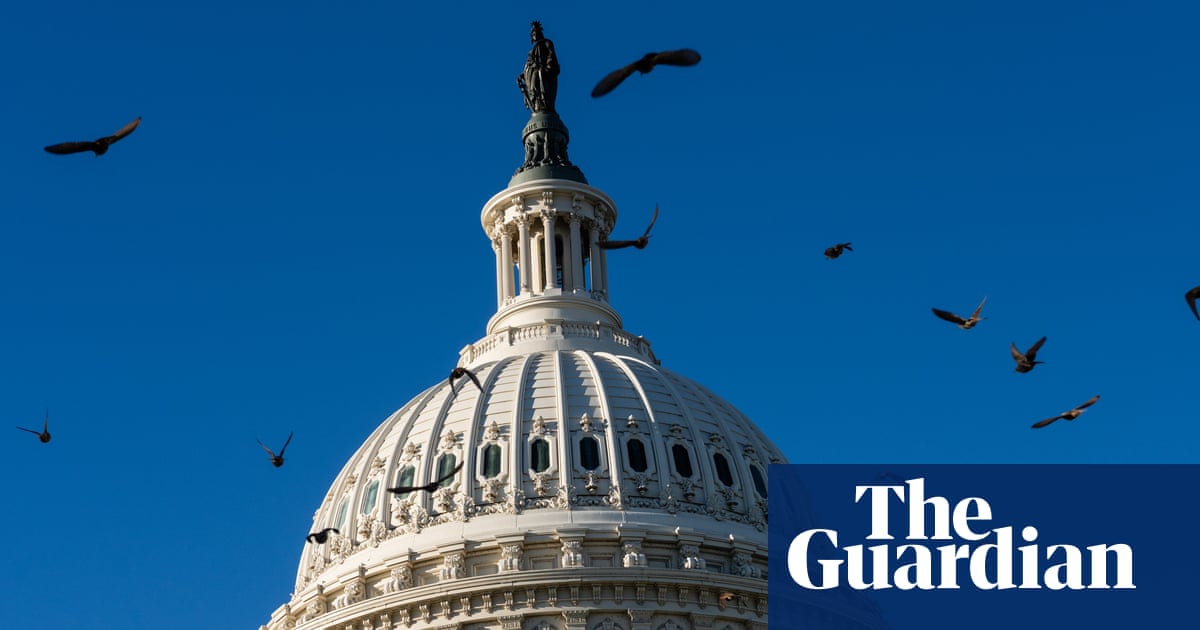Keir Starmer is to abolish the independent post-ministerial jobs watchdog, which has long been criticised as “toothless”, and – for the first time – financial penalties will be imposed on those who break the rules after leaving government.
As part of a standards overhaul that ministers hope will help improve public faith in the system, the Advisory Committee on Business Appointments (Acoba) will be scrapped and a tougher regime introduced.
Under the changes, which come into force from October and which the Guardian first reported last month, former ministers and senior officials found to have seriously breached the rules will be asked to repay any severance payment received.
There is currently no obligation for them to follow the guidance issued by Acoba to ensure there are no conflicts of interest or that lobbying does not take place, and the body has no ability to issue punishments.
Boris Johnson, the Conservative former prime minister, breached the rules on taking jobs after government on three separate occasions without facing a proper sanction, leading to calls to beef up Acoba’s powers.
Eligibility for ministerial severance payments will also be restricted, with those who leave office following a serious breach of the ministerial code or having served less than six months forgoing them entirely.
A new independent ethics and integrity commission (EIC) will be set up to oversee standards. It will incorporate the existing Committee on Standards in Public Life (CSPL), set up by John Major in 1994 to advise prime ministers, and will be led by former military chief Doug Chalmers.
The new body’s wider remit will include a new obligation to report annually to the prime minister on the overall health of the standards system, and will engage regularly with public sector bodies to help them develop clear codes of conduct with effective oversight arrangements.
It will also be expected to report in a “reasonable timeframe” on cases after criticism that the CSPL’s previous recommendations were often ignored, although there were no details of how long that might be.
The EIC will have a role in improving public understanding of the ethics system. It will be responsible for convening and coordinating the different ethics bodies, formalising cooperation and the sharing of best practice.
However, the Commons and Lords standards commissioners, the independent complaints and grievance scheme (ICGS), the independent parliamentary standards authority (IPSA) and the Electoral Commission will all remain in place.
The EIC was first promised by Labour in 2021, with Starmer suggesting it would help draw a line under an era of “Tory sleaze”, and was included in the party’s general election manifesto last year. However, there were concerns the plans had been kicked into the long grass.
Pat McFadden, the powerful Cabinet Office minister, said: “This overhaul will mean there are stronger rules, fewer quangos and clearer lines of accountability. The Committee on Standards in Public Life has played an important role in the past three decades. These changes give it a new mandate for the future.
“But whatever the institutional landscape, the public will in the end judge politicians and government by how they do their jobs and how they fulfil the principles of public service.”
Under the plans, Acoba’s functions will now be split between the prime minister’s adviser on ministerial standards and the civil service commission (CSC), which has also been asked to consider how the rules could be strengthened.
The CSC will also undertake regular audits of how individual government departments oversee the application of the rules for former civil servants.
Boris Johnson was among several senior Conservative politicians who was found to have breached Acoba rules but faced no sanction.
In August 2018, after he had quit as foreign secretary, he returned to his £275,000-a-year Daily Telegraph column despite former cabinet ministers being banned from taking up new jobs for three months after leaving office.
He committed a further unambiguous breach of the rules when he failed to get permission from the ministerial appointments watchdog before taking a job as a Daily Mail columnist in June 2023, for which he was reportedly paid a “very high six-figure sum”.
He was sanctioned for a third time in April 2024, for failing to seek permission from the post-ministerial jobs watchdog before taking a role as a consultant to a hedge fund, on whose behalf he met the Venezuelan president.
The severance plans are designed to restore public faith in the system after Tory ministers received thousands of pounds in payoffs after serving for just weeks in office under Johnson and Liz Truss.
Under the new rules, ministers who serve less than six months will forgo severance payments entirely, and those who return to office within three months of leaving will forgo their salary until the end of that three-month period.
Currently, ministers are entitled to a payoff equivalent to three months’ salary when they leave office for any reason and regardless of how long they’ve been in the job – even if it is just a few days.
Brandon Lewis was entitled to £16,876 after spending 49 days as justice secretary under Truss’s premiership, while Shailesh Vara and Greg Clark were eligible for the same for their own brief stints in office during that period.
Ministers have already issued a new ministerial code, given the prime minister’s ethics adviser the power to initiate an inquiry without the PM’s permission, and required political parties to provide public citations to say why an individual has been nominated to the House of Lords.

 3 months ago
83
3 months ago
83

















































